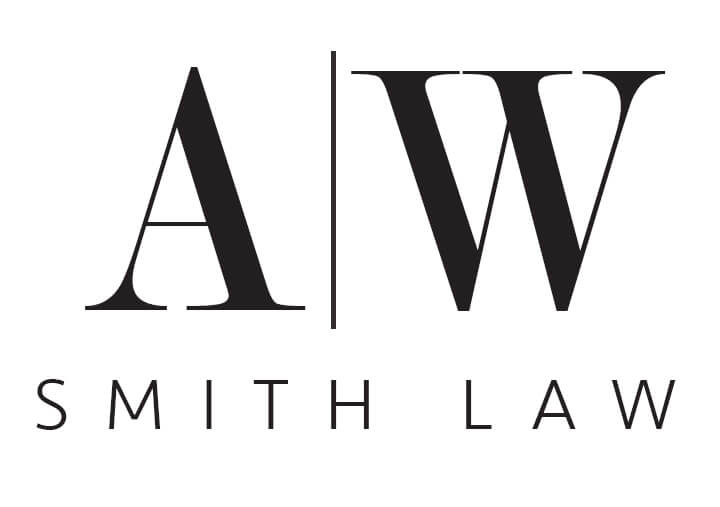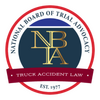Personal injury lawsuits are complex legal processes that require time, patience, and a thorough understanding of the legal system. If you find yourself in the unfortunate situation of pursuing a personal injury claim in Missouri, it’s crucial to comprehend the timeline of events to better navigate the legal maze. In this guide, we’ll walk you through the various stages of a personal injury lawsuit in the Show-Me State.
1. Incident Occurrence and Seeking Medical Attention
The journey begins with the incident that led to the personal injury. Whether it’s a car accident, slip and fall, or any other type of injury, seeking immediate medical attention is paramount. Your health and well-being should be the top priority. Moreover, prompt medical treatment establishes a crucial link between the incident and your injuries, providing valuable documentation for your case.
2. Consultation with an Attorney
After addressing immediate health concerns, the next step is to consult with a personal injury attorney. Finding the right attorney is crucial, as they will guide you through the legal process, assess the viability of your case, and provide insights into potential compensation. In Missouri, the statute of limitations for personal injury claims is five years, emphasizing the importance of prompt legal action.
3. Investigation and Gathering Evidence
Once you’ve enlisted the help of an attorney, the investigation phase commences. This involves collecting evidence to support your claim. This may include medical records, photographs of the accident scene, witness statements, and any other relevant documentation. The strength of your case relies heavily on the quality and quantity of evidence gathered during this stage.
4. Filing the Complaint
With the evidence in hand, your attorney will draft and file a complaint, outlining the details of your case and the damages sought. The defendant, typically the party responsible for your injuries, will then be served with the complaint, initiating the legal process.
5. Discovery Process
The discovery phase allows both parties to exchange information, evidence, and witness statements. This back-and-forth is crucial in building a comprehensive understanding of the case and can involve written questions (interrogatories), document requests, and depositions. Discovery ensures that both sides are aware of the strengths and weaknesses of their arguments, setting the stage for potential settlement negotiations.
6. Mediation and Settlement Negotiations
Many personal injury cases in Missouri are resolved through mediation or settlement negotiations before proceeding to trial. During mediation, a neutral third party helps the parties reach a mutually agreeable resolution. If successful, this can save time and resources compared to a full trial. However, if an agreement is not reached, the case will proceed to trial.
7. Pre-Trial Motions and Preparation
Leading up to the trial, both parties may file pre-trial motions to address specific legal issues. These motions can influence the scope and parameters of the trial. Additionally, attorneys will engage in thorough trial preparation, ensuring they are well-equipped to present a compelling case before the court.
8. Trial
If a settlement is not reached, the case moves to trial. Personal injury trials in Missouri typically consist of jury selection, opening statements, presentation of evidence, witness testimonies, closing arguments, and jury deliberation. The judge or jury will ultimately determine the outcome of the case, including any damages awarded.
9. Post-Trial Motions and Appeals
Following a trial, either party may file post-trial motions to challenge certain aspects of the verdict or seek further legal action. Appeals may also be filed if there are concerns about the fairness of the trial or the application of the law. The appellate process can extend the timeline of the case significantly.
10. Enforcement of Judgment
If you are successful in obtaining a judgment, the final step is enforcing it. This involves ensuring that the responsible party complies with the court’s decision and pays the awarded damages. Enforcement methods may include wage garnishment, property liens, or other legal mechanisms.
Navigating a personal injury lawsuit in Missouri is a meticulous process that requires attention to detail and a strategic approach. Understanding the timeline of events allows individuals to better prepare for the journey ahead, whether it ends in a settlement or a courtroom trial. By taking the necessary steps and working closely with experienced legal professionals, you can increase the likelihood of a favorable outcome and fair compensation for your injuries. Contact AW Smith Law today.
















